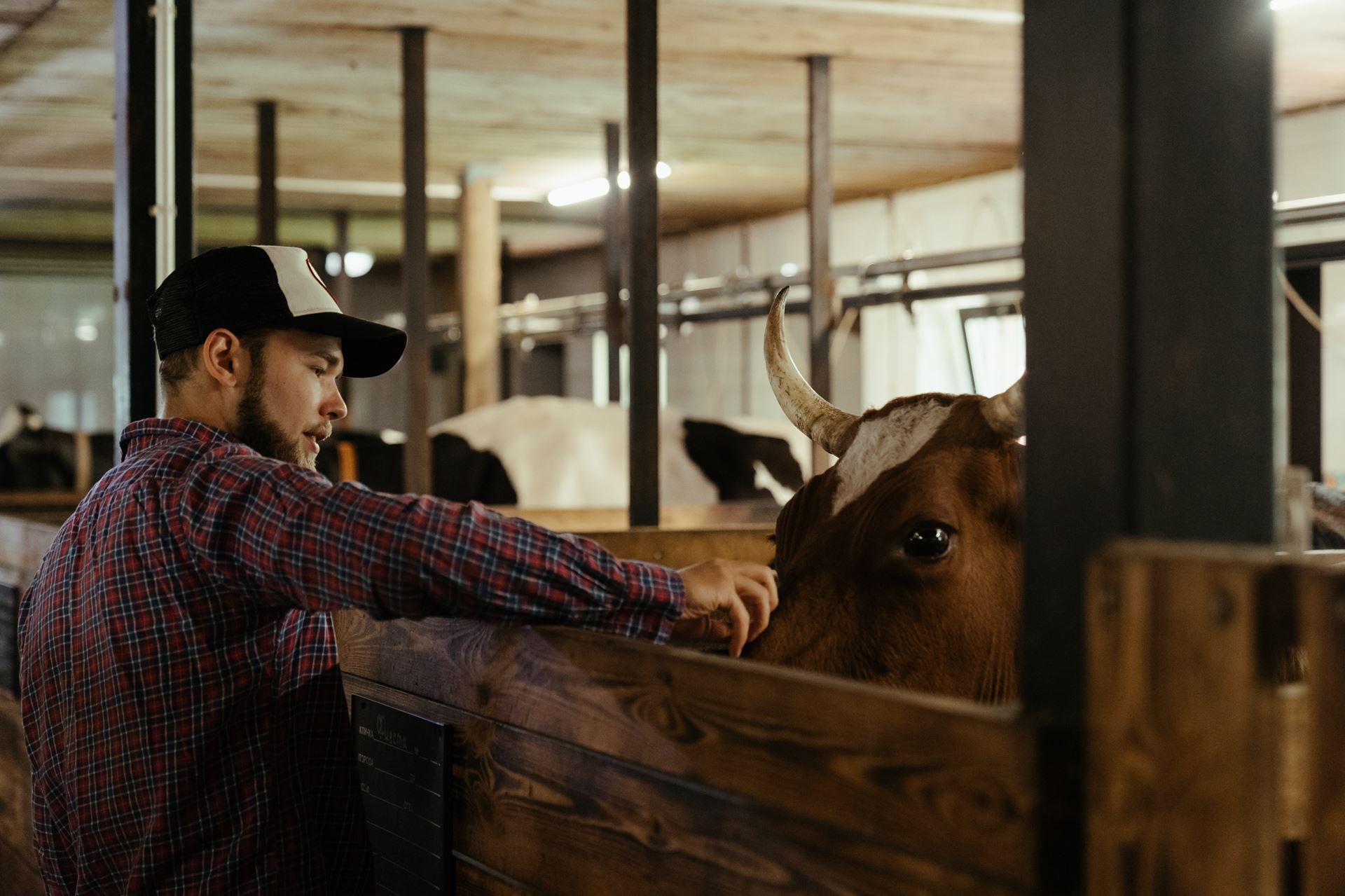
Author: Jesse Haskins
The 2018 Farm Bill dives well beyond food and farms. The 2018 Farm Bill covers rural development. Rural communities after all, produce the bulk of our food, despite the strides of urban agriculture. The rural development portion of the farm bill equips rural communities with the necessary infrastructure to continue their critical role in our food systems.
For example, the 2018 Farm Bill gives rural communities with skimpy broadband service priority for grants and loans. Under this program, rural communities with lower population density may receive a greater share of total project costs. Communities with fewer than 7 people per square mile enjoy funding up to 75 percent of total project costs, while communities between 12 and 20 people per square mile only get up to 25 percent of total project costs.
Another example of the Farm Bill providing support for the places where most of our food comes from: mental health. The statutory “Farm and Ranch Stress Assistance Network” was actually established in the 2008 Farm Bill. The 2008 Farm Bill, at least in the name, recognizes that farming and ranching is stressful. Grants under the 2008 program, however were restricted to extension services partnering with state cooperatives. The 2018 Farm Bill expands the list of potential grant recipients to include Native American tribes, state departments of agriculture, extension agents, nonprofit organizations that are “qualified” by the USDA, entities “providing appropriate services” as determined by the USDA, and of course, partnerships by any of the above. The new expanded list of potential grant recipients can use the grants in a number of ways: to create “farm telephone helplines and websites,” to provide assistance to farmers and ranchers “in crisis,” to establish support groups, and to engage in other outreach services.
But there have been legislative casualties in rural development, particularly in terms of renewable energy. The 2018 Farm Bill repealed the Rural Energy Self-Sufficiency Initiative. This discontinued program funded energy assessments for rural communities, and other funds to promote renewable energy in rural communities. Yet, the 2018 Farm Bill makes some strides in renewable energy. The 2018 Farm Bill extends the Rural Energy Savings Program. The purpose of the Rural Savings Program: “to help rural families and small businesses achieve cost savings by providing loans to qualified consumers to implement durable cost-effective energy efficiency measures.”
Together, these programs show a legislative recognition that food policy is not just about sustainable food—but about making sure that farmers and ranchers have the resources they need to be sustainable human beings. These programs illustrate the holistic approach Congress has taken to agriculture, tackling everything from farmers to food to energy.
 Jesse Haskins started J. Haskins Law, P.A. to focus on local food communities. Jesse builds partnerships between farmers and communities. Prior to dedicating his practice to local agriculture, Jesse served as assistant attorney general for the State of Florida, assistant general counsel for the Florida Department of Financial Services, and as attorney for a large insurance defense firm. Jesse graduated from the Duke University School of Law in 2009. Jesse is an avid foodie. His favorite ingredient is tahini.
Jesse Haskins started J. Haskins Law, P.A. to focus on local food communities. Jesse builds partnerships between farmers and communities. Prior to dedicating his practice to local agriculture, Jesse served as assistant attorney general for the State of Florida, assistant general counsel for the Florida Department of Financial Services, and as attorney for a large insurance defense firm. Jesse graduated from the Duke University School of Law in 2009. Jesse is an avid foodie. His favorite ingredient is tahini.
Website: www.jhaskinslaw.com
Disclaimer: The views of the writers do not represent the views of the Florida Food Policy Council. We are a forum for the offering and sharing of information and encourage diversity and communication within the food system.